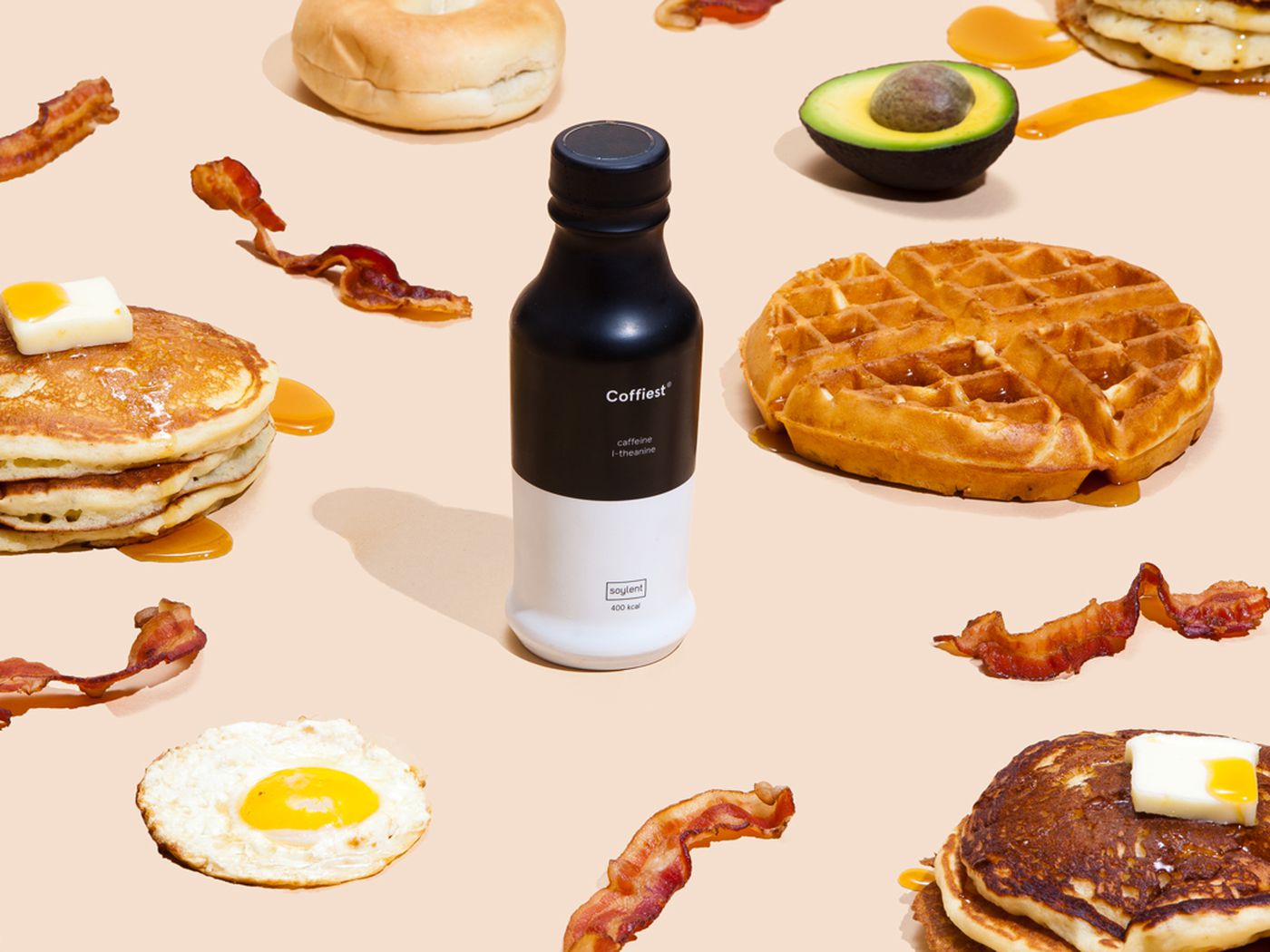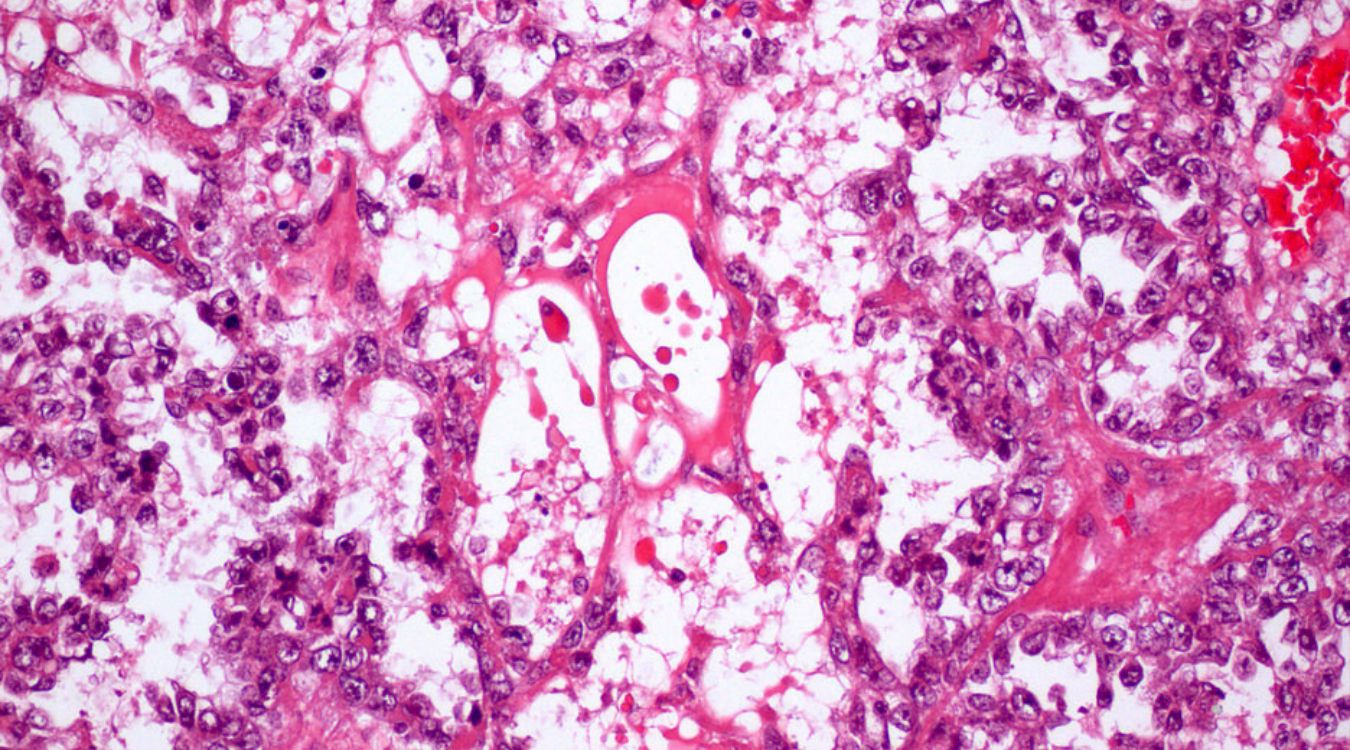
Soylent Coffiest is a popular meal replacement beverage that is designed to provide a complete and balanced source of nutrition. With 19 essential vitamins and minerals, as well as a good amount of protein and fiber, Soylent Coffiest offers a convenient and easy way to fuel your body. Whether you’re heading out the door in the morning or need a quick pick-me-up in the afternoon, Soylent Coffiest is the perfect on-the-go option. In this article, we will explore 19 Soylent Coffiest nutrition facts to help you understand the benefits and advantages of incorporating this beverage into your daily routine. So, let’s dive in and uncover the impressive nutrition profile of Soylent Coffiest!
Key Takeaways:
- Soylent Coffiest is a convenient, balanced, and nutritious meal replacement option suitable for vegans, with added caffeine for an energy boost, and no artificial flavors or sweeteners.
- With Soylent Coffiest, you can enjoy a long shelf life, gluten-free, lactose-free, and fiber-rich meal replacement that keeps you feeling full and satisfied between meals.
What is Soylent Coffiest?
Soylent Coffiest is a ready-to-drink meal replacement beverage that combines the goodness of a balanced meal with the energizing effects of coffee. It is a convenient option for those who are always on the go and need a quick and nutritious pick-me-up.
It provides a balanced nutrition profile.
Soylent Coffiest is formulated to provide a complete and balanced nutrition profile. It contains a mix of macronutrients, including protein, carbohydrates, and healthy fats, along with essential vitamins and minerals.
Rich in protein
Each bottle of Soylent Coffiest contains a significant amount of protein, an essential nutrient for muscle repair and growth.
Low in sugar
Soylent Coffiest is designed to be low in sugar, making it a suitable option for those who are watching their sugar intake.
It contains caffeine
Thanks to the addition of coffee, Soylent Coffiest provides a natural caffeine boost, helping to keep you energized throughout the day.
Suitable for vegans
Soylent Coffiest is made from plant-based ingredients, making it suitable for vegans and those following a plant-based diet.
It is gluten-free
If you have a gluten intolerance or sensitivity, you’ll be happy to know that Soylent Coffiest is gluten-free and safe to consume.
Contains essential omega-3 fatty acids
Soylent Coffiest is fortified with omega-3 fatty acids, which are beneficial for brain health and inflammation reduction.
It is a good source of fiber
With a decent amount of dietary fiber, Soylent Coffiest can help support healthy digestion and keep you feeling full longer.
Fortified with essential vitamins and minerals
Soylent Coffiest is enriched with essential vitamins and minerals, ensuring that you meet your daily nutritional needs.
It is lactose-free
If you are lactose intolerant, Soylent Coffiest is a great alternative as it does not contain any lactose.
Convenient packaging
Soylent Coffiest comes in handy, easy-to-carry bottles, making it perfect for those busy days when you’re on the move.
It can be used as a meal replacement
Soylent Coffiest is a convenient solution for those who are looking for a quick meal replacement option without compromising on nutrition.
Suitable for pre and post-workout
Thanks to its balanced macronutrient profile, Soylent Coffiest can be enjoyed as a pre or post-workout drink to fuel your exercise sessions.
Keeps you feeling full
The combination of protein, healthy fats, and fiber in Soylent Coffiest helps keep you satiated and satisfied between meals.
No artificial flavors or sweeteners
Soylent Coffiest is free from artificial flavors and sweeteners, making it a healthier choice compared to many other meal replacement options on the market.
Can be enjoyed hot or cold
Whether you prefer your coffee drinks hot or cold, Soylent Coffiest can be enjoyed both ways, offering versatility and convenience.
It has a long shelf life
Soylent Coffiest has a long shelf life, allowing you to stock up and have a nutritious meal option readily available whenever you need it.
Perfect for those with busy lifestyles
If you lead a busy lifestyle and find it challenging to prepare healthy meals, Soylent Coffiest offers a convenient and nutritious solution.
So there you have it — the 19 Soylent Coffiest nutrition facts that you need to know. Whether you’re aiming to simplify your mealtime or looking for a nutritious snack, Soylent Coffiest provides a balanced option to keep you nourished throughout the day.
Conclusion
In conclusion, Soylent Coffiest is not just your average cup of joe. It is a nutrition-packed beverage that provides a balanced blend of essential nutrients, vitamins, minerals, protein, and caffeine. With its convenience and impressive nutritional profile, Soylent Coffiest is becoming a popular choice for busy individuals looking to fuel their day without sacrificing nutrition. Whether you’re in need of a quick breakfast or an afternoon pick-me-up, Soylent Coffiest can be a convenient and nutritious choice.
FAQs
1. What are the nutrition facts of Soylent Coffiest?
Soylent Coffiest is rich in essential nutrients and vitamins. Each serving of Soylent Coffiest contains 400 calories, 20 grams of protein, 35 grams of carbohydrates, 20 grams of fat, and 5 grams of fiber. It also provides 20% of the daily recommended intake of essential vitamins and minerals such as vitamin D, calcium, iron, and potassium.
2. Is Soylent Coffiest suitable for vegetarians or vegans?
Yes, Soylent Coffiest is suitable for both vegetarians and vegans as it is made from plant-based ingredients. It contains no animal-derived products, making it a convenient and ethical choice for individuals following a vegetarian or vegan lifestyle.
3. How does Soylent Coffiest compare to regular coffee?
Soylent Coffiest offers more than just a caffeine boost. It is a complete meal replacement that provides essential nutrients and sustains energy levels. While regular coffee primarily provides a jolt of energy from caffeine, Soylent Coffiest offers a balanced nutritional profile, making it a healthier and more filling option.
4. Can Soylent Coffiest be consumed as a meal replacement?
Yes, Soylent Coffiest is designed to be a convenient and nutritious meal replacement option. With its balanced blend of macronutrients and essential vitamins, it can serve as a satisfying and convenient on-the-go meal when you’re short on time or don’t have access to a full meal.
5. Is Soylent Coffiest suitable for individuals with dietary restrictions?
Soylent Coffiest is suitable for most individuals, but it’s always best to check the ingredient list for any potential allergens or ingredients that may not align with specific dietary restrictions. It is free from dairy, lactose, and gluten, making it suitable for individuals with those dietary restrictions.
6. Can I drink Soylent Coffiest every day?
While Soylent Coffiest can be a convenient and nutritious option, it’s always recommended to have a varied diet and consume a variety of foods. Soylent products should not be the sole source of nutrition but can be enjoyed as part of a well-balanced diet.
Was this page helpful?
Our commitment to delivering trustworthy and engaging content is at the heart of what we do. Each fact on our site is contributed by real users like you, bringing a wealth of diverse insights and information. To ensure the highest standards of accuracy and reliability, our dedicated editors meticulously review each submission. This process guarantees that the facts we share are not only fascinating but also credible. Trust in our commitment to quality and authenticity as you explore and learn with us.


